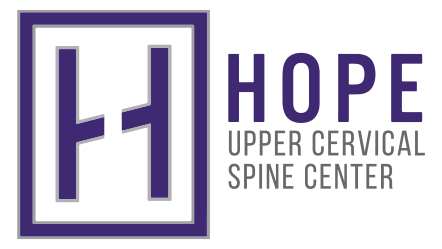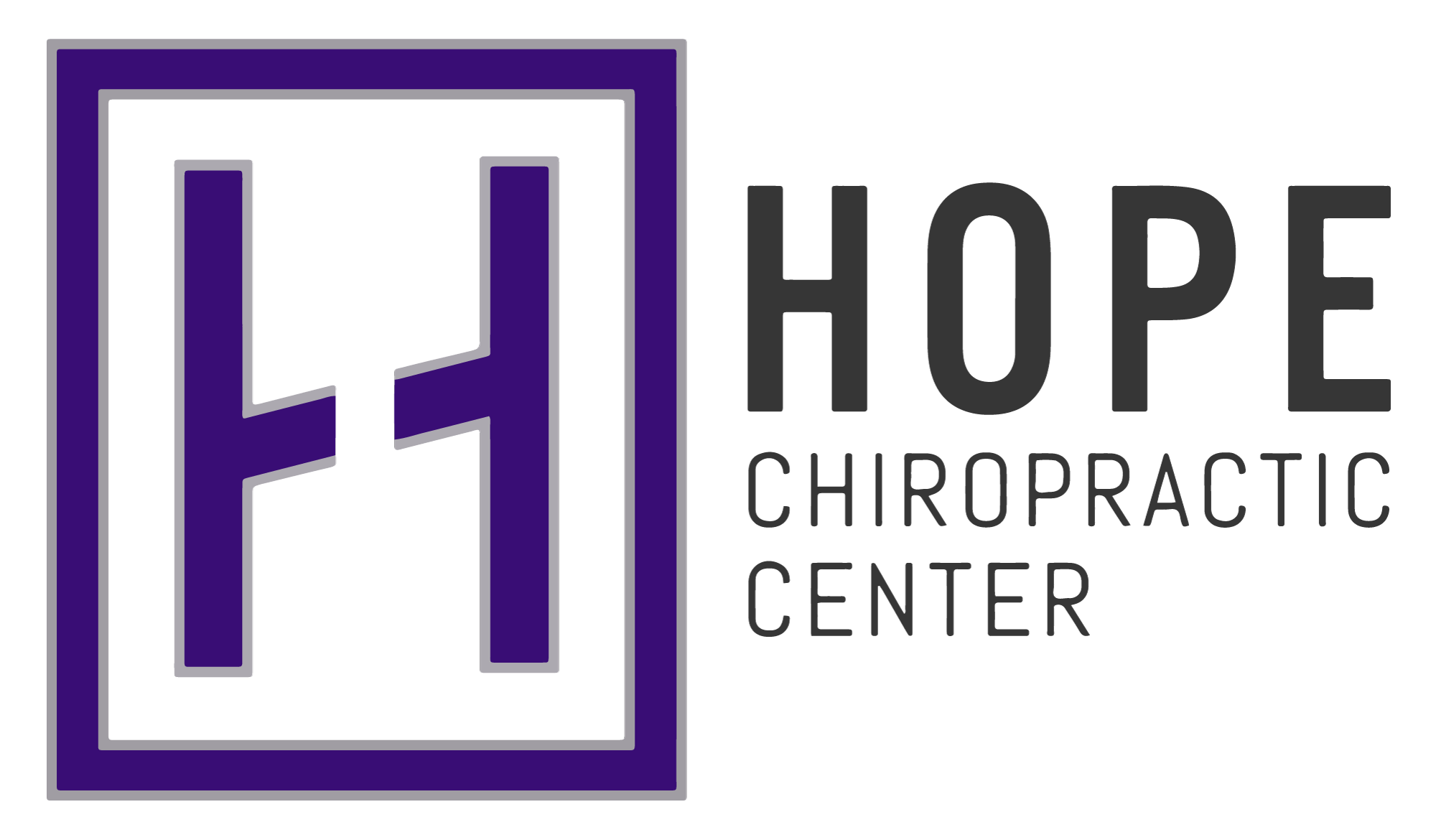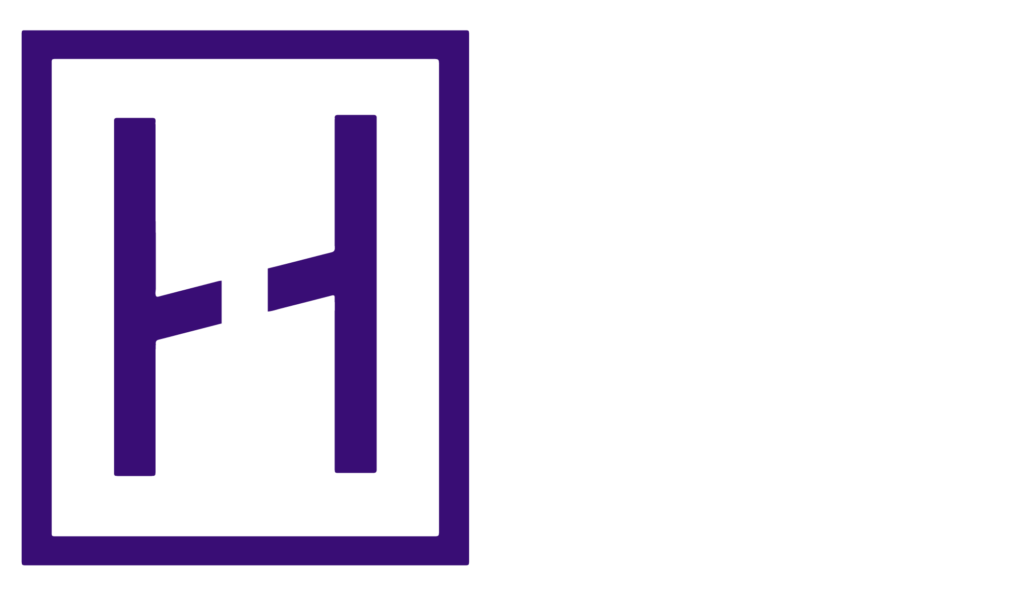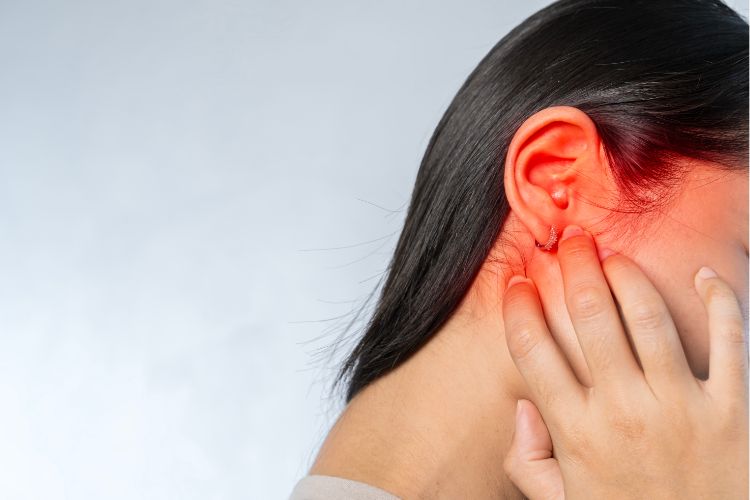
Meniere’s disease is a complex and often debilitating condition that affects the inner ear, leading to episodes of vertigo, tinnitus, hearing loss, and a sensation of ear fullness. These symptoms can appear suddenly and last anywhere from minutes to hours, leaving those affected feeling disoriented and anxious.
Traditional treatments focus on symptom management through medications, dietary changes, and, in extreme cases, surgery. However, upper cervical chiropractic care offers a natural, non-invasive approach that may address one of the potential root causes of Meniere’s disease—misalignment in the upper cervical spine.
Dr. Joey Kramer of Hope Chiropractic in Southlake, Texas, explains how upper cervical chiropractic care may support relief from Meniere’s disease for individuals in Southlake, Grapevine, Colleyville, Westlake, and Trophy Club.
What is Meniere’s Disease and Why Does It Occur?
Meniere’s disease is a disorder of the inner ear that affects balance and hearing. It is believed to be linked to fluid buildup (endolymphatic hydrops) within the cochlea, the part of the ear responsible for transmitting sound signals to the brain.
When this fluid balance is disrupted, it can lead to:
- Sudden vertigo attacks – Severe dizziness that can make standing or walking difficult.
- Hearing loss – Often starting in one ear, with potential progression over time.
- Tinnitus (ringing in the ears) – A persistent noise that can fluctuate in intensity.
- Ear fullness or pressure – A feeling of congestion or tightness in the ear.
While the exact cause of Meniere’s disease remains unclear, research suggests that poor circulation, nerve dysfunction, and misalignment in the upper cervical spine may contribute to symptom severity.
The Link Between the Upper Cervical Spine and Meniere’s Disease
The upper cervical spine, which includes the atlas (C1) and axis (C2) vertebrae, plays a critical role in nervous system function, circulation, and fluid drainage from the inner ear. Misalignments in this region can lead to issues that mimic or exacerbate the symptoms of Meniere’s disease.
- Impact on the Brainstem – The atlas vertebra surrounds the brainstem, which is responsible for processing balance and spatial awareness signals. Misalignment may create nerve interference, contributing to dizziness and poor vestibular function.
- Restricted Blood Flow – The vertebral arteries, which pass through the upper cervical spine, are responsible for delivering oxygen-rich blood to the brain and inner ear. Spinal misalignment may reduce circulation to the cochlea, affecting hearing and balance.
- Compromised Cerebrospinal Fluid (CSF) Drainage – CSF is responsible for clearing toxins and maintaining brain homeostasis. When upper cervical alignment is disrupted, fluid buildup in the inner ear may increase, worsening Meniere’s symptoms.
- Eustachian Tube Dysfunction – Misalignments may impact the function of the Eustachian tube, which helps regulate pressure within the ear. Poor drainage and pressure imbalances can contribute to ear fullness and tinnitus.
By restoring alignment to the upper cervical spine, chiropractic care may help improve circulation, relieve nerve interference, and support fluid drainage—potentially reducing Meniere’s symptoms over time.
How Upper Cervical Chiropractic Can Support Meniere’s Relief
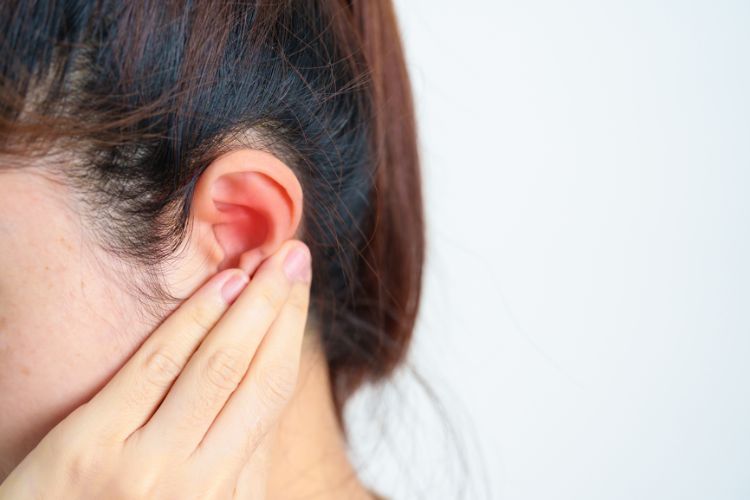
Unlike conventional treatments that focus solely on symptom management, upper cervical chiropractic care aims to address potential underlying causes of Meniere’s disease.
This approach includes:
- Realigning the Atlas and Axis Vertebrae – Gentle, precise adjustments help correct spinal misalignments, restoring balance to the nervous system.
- Enhancing Blood and CSF Flow – Improved circulation supports healthy inner ear function, reducing fluid retention and pressure.
- Optimizing Vestibular System Function – The vestibular system (responsible for balance) relies on clear nerve signaling. Chiropractic adjustments help ensure uninterrupted communication between the brain and body.
- Reducing Neck Tension and Postural Stress – Many Meniere’s patients have a history of whiplash, head trauma, or chronic poor posture, which can contribute to spinal misalignment. Chiropractic care addresses these structural imbalances.
Benefits of Upper Cervical Adjustments for Meniere’s Disease
For individuals suffering from recurrent vertigo, hearing loss, and tinnitus, upper cervical chiropractic care may offer several benefits, including:
- Reduced frequency and severity of vertigo episodes – Many patients experience a significant decrease in dizziness and balance issues after spinal realignment.
- Less pressure and congestion in the ears – Proper spinal alignment may help improve inner ear drainage, alleviating ear fullness.
- Improved hearing stability – While hearing loss associated with Meniere’s disease is often progressive, some patients report improved auditory clarity following adjustments.
- Relief from tinnitus (ear ringing) – Tinnitus symptoms may lessen as nerve interference and circulation improve.
- Better quality of life – With fewer episodes of vertigo and discomfort, daily activities become easier, reducing anxiety and stress.
What to Expect from Upper Cervical Chiropractic for Meniere’s
At Hope Chiropractic, Dr. Joey Kramer provides a thorough assessment to determine whether spinal misalignments may be contributing to Meniere’s symptoms. A typical care plan includes:
- Comprehensive Evaluation – Digital imaging and neurological tests are used to detect atlas misalignment and its effects on the nervous system.
- Precise, Gentle Adjustments – Unlike traditional chiropractic techniques that involve twisting or cracking, upper cervical adjustments are light-force and highly specific.
- Ongoing Monitoring and Support – Chiropractic care is a long-term strategy for symptom management, helping patients maintain alignment and prevent relapses.
Hope Chiropractic: Your Partner in Natural Meniere’s Disease Management
At Hope Chiropractic, Dr. Joey Kramer and his team specialize in upper cervical chiropractic care to help patients with Meniere’s disease regain control over their symptoms and daily life. By correcting spinal misalignments, they aim to provide lasting relief from vertigo, tinnitus, and ear pressure.
If you or someone you love is struggling with Meniere’s disease, consider upper cervical chiropractic as a potential solution. Contact Dr. Joey Kramer at Hope Chiropractic, serving Southlake, Grapevine, Colleyville, Westlake, and Trophy Club, to schedule a consultation and discover how spinal alignment may help you find relief.
Medical Disclaimer
This article is for informational purposes only and is not intended as a substitute for professional medical advice, diagnosis, or treatment. Always seek the advice of your physician or other qualified healthcare provider with any questions you may have regarding a medical condition.
Never disregard professional medical advice or delay in seeking it because of something you have read here.
